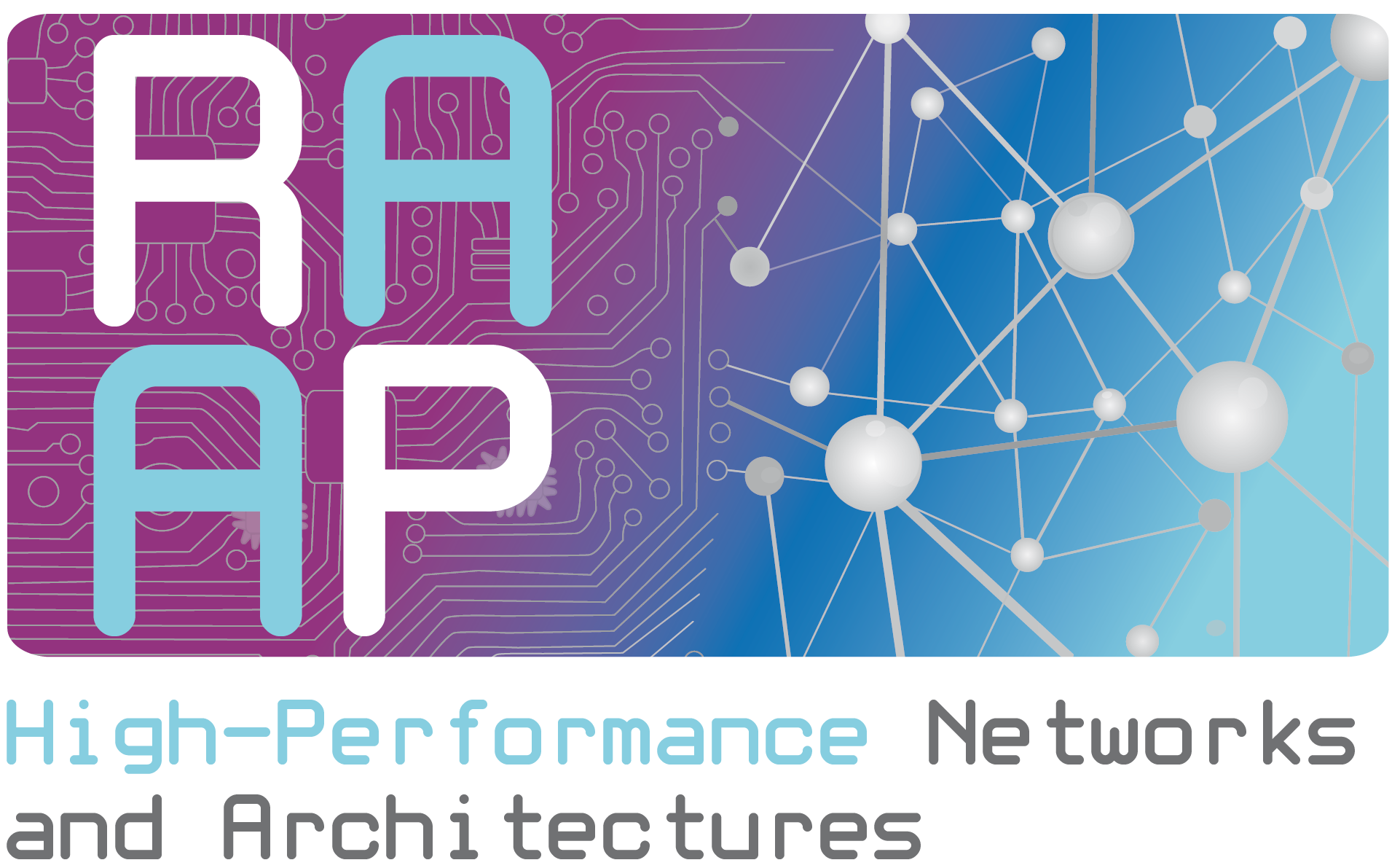Skip to content
- INVINOS
This project focuses on the development of a wine traceability system based on blockchain technology. Allowing both the consumer and the administration or the wine producer access to all information relating to the manufacture and storage of any bottle of wine.
- Development and improvement of HPC and datacenter applications, services and infrastructures
The global objective of the coordinated project is to develop innovative techniques for infrastructure, applications and services in Data Centers and Highly Distributed Systems. The UCLM subproject will address part of this global objective at different scales focused on solving the current and future problems of the digital world mentioned above. These include tasks related to the improvement of the other subsystems that make up the IT infrastructures, improvement of distributed computing and communication infrastructure and the development and improvement of HPC and DC applications and services.
- Innovative Technologies and Applications for Data Centres and High-Performance Computers
The overall objective of this coordinated project is to develop techniques to improve the scalability of these the servers of Data Centres in terms of performance and energy. Applications will also be developed that take advantage of these improvements.
- PEGASO: Performance-based Guided Approach Solution
The project is focused on the development of efficient navigation systems both for traditional aircraft and unmanned aerial vehicles.
- TETRA: Efficient Techniques for Advanced Interconnect Technologies
In this project we propose developing techniques that, from different aspects of the network, improve the efficiency and exploitation of leading interconnection-network technologies, in order to allow the configuration of network infrastructures able to efficiently interconnect a higher number of computing and storage nodes
- Improvements of Video coding and distribution over Wi-Fi networks
This research project aims to address the challenge of improving the quality of service (QoS) in the encoding and transmission of multimedia content over wireless networks, taking into account the quality of experience (QoE) of the end user, and ensuring that the privacy, integrity and confidentiality of the transmitted data are guaranteed.
- Advanced Routing, Congestion Control and Quality-of-Service Mechanisms in HPC Fabrics such as Intel® Omnipath
At a high-level, this research collaboration proposal will focus on two lines of work: 1. Develop new routing algorithms and congestion control mechanisms that will improve the predictability and performance of interconnection networks for key topologies. 2. Develop advanced mechanisms for Quality-of-Service (QoS), leveraging the architecture definition of the interconnection network, specifically targeting public Intel® Omnipath® features.
- Code is Loading Project (Erasmus+)
With this project an international online sharing platform will be established. Various programming language terms, resources, videos, visuals and various teaching materials will be provided in this platform for those who want to learn coding-programming. Partners: Bursa İl Milli Eğitim Müdürlüğü (Bursa Provincial Directorate Of National Education- Bursa MEM, Turkey), Ali Osman Sönmez Mesleki ve Teknik Anadolu Lisesi (Ali Osman Sönmez Vocational and Technical High School – AOS MTAL, Turkey), Liceo Scienze Umane “E.Gianturco” (Italy), Bálint Márton Általános és Középiskola (BMÁKI, Hungary), Universidad De Castilla – La Mancha (UCLM, Spain), Europa Training (UK) Ltd , Centrum Edukacyjne EST (EST, Poland), Agrupamento De Escolas Domingos Sequeir (AAEDS/CCEMS, Portugal) URL:http://codeisloading.com/
- Techniques to improve the architecture of servers, applications and services.
We develop research on chip-multicore architecture and on-chip networks, aiming at increasing performance, reducing power consumption, increasing reliability by means of providing fault-tolerance support, increasing flexibility through virtualization techniques, and reducing silicon area.
- Increasing on-chip network efficiency for improving the performance of chip multiprocessors supporting simultaneous parallel applications (2014-2017).
We propose new techniques to improve network performance, thereby also improving the performance of individual applications when they simultaneously run in chip multiprocessor.
- Ecosense I, Smart Energy Management System based on Wireless Sensor and Actuators Networks.
Deployment of a wireless sensor network in the I3A to collect control, security and environmental indoor data. The result was the implementation of a real testbed, the I3ASensorBed, to test our applications and protocols easily.
- Ecosense II, Smart Energy Management System based on Wireless Sensor and Actuators Networks.
Ecosense II expects to implement an heterogeneous network to manage smart objects for different IoT applications using innovative communications standards (Bluetooth Low Energy, LoRa, ZigBee, WiFi, etc.).
- Wearable methodology project (Erasmus+)
New methodology based on the use of innovative technologies for education. Partners: Anton Diaz School and the University of Castilla La Mancha (Spain), St. Kliment Ohridski School (Bulgaria), and Zoranić Petar Nin School (Croatia).
